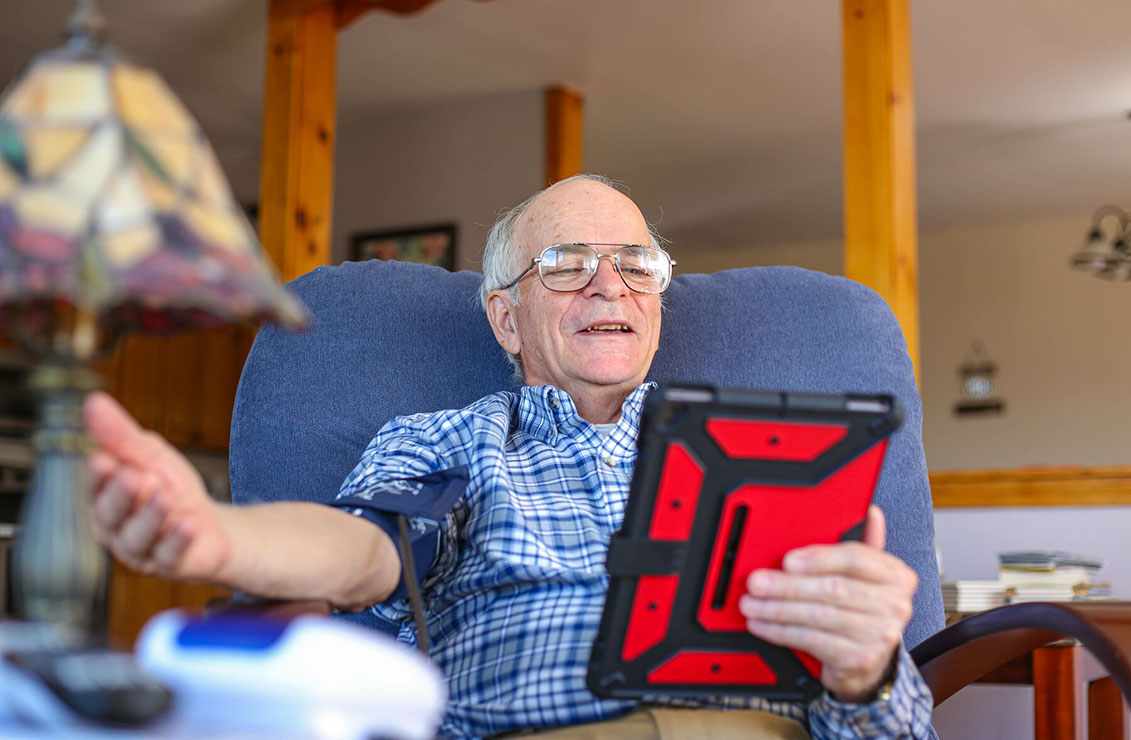COPD Connect Program Supports Care in Many Forms

John Berg uses an iPad to talk to a nurse at MaineHealth Care at Home.
Since 2021, MaineHealth Care at Home (MHCAH) has led a Health Resources and Services Administration-funded (HRSA) program called Project COPD Connect, in Knox and Waldo counties in mid coast Maine. MHCAH has worked with Healthy Living for ME, an entity within the state’s Agency on Aging, and team members across the MaineHealth system to support the project. The project goal is to reduce re-hospitalization and emergency department use among patients with COPD who experience frequent exacerbations.
Kristin O’Mara, RN, has served as the program Nurse Navigator for over a year. Project COPD Connect has continually served a census of 10-20 patients in the region with varying levels of COPD severity and co-morbidities. Often, COPD is just one of many health challenges these patients face. For Kristin, the program has given her an opportunity to have additional clinical encounters with patients on top of her regularly-scheduled work within the MHCAH telehealth program.
“Partnering with patients and families through the disease course is a rewarding challenge. Unfortunately, we are seeing a lot of serious, end-stage disease that can be exceptionally difficult to manage. Having an extra set of eyes on the patient through this program has been an asset to those enrolled.”
— Kristin O’Mara, RN
This extra set of eyes can often make a world of difference. Just this last month, Kristin was introducing the newly-hired per-diem nurse navigator, Anna Mason, RN, to a patient in a rural area. As is often the case in home health care, a review of the patient’s living arrangement was a natural part of the visit. Fortunately for the patient and their roommate, the care team from MHCAH was just in time.
Immediately upon entering the home, both nurses recognized the smell of fuel. Due to the patient’s numerous conditions and their roommate’s worsening dementia, they were both unaware of the smell and potentially hazardous conditions within their home. Kristin and Anna acted quickly, alerting the fire department and removing the patient and roommate from the residence until the source of the leak could be located and addressed.
“You never really know what you are getting into when you enter a home. Needless to say, I am glad we came when we did…” said Anna.
Virtual Care at Home
Telehealth technology helps MHCAH patients manage their health and stay connected to their care team through mobile devices such as tablets and cell phones.

